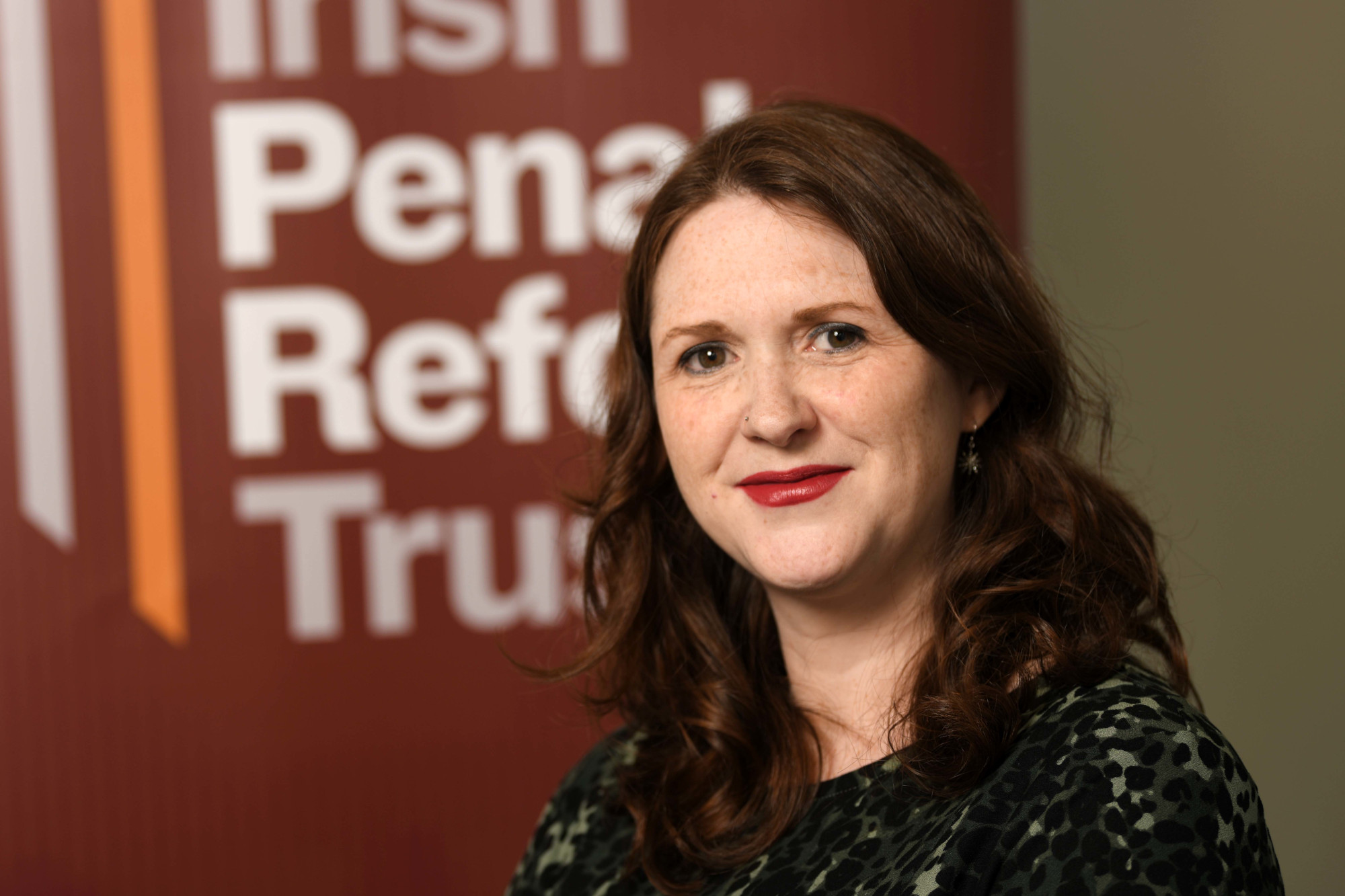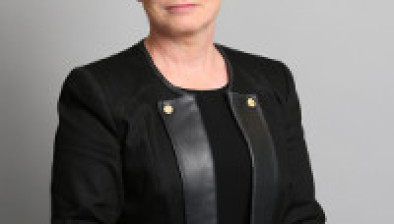Concern youth detention is not being treated as last resort

Pictured: IPRT executive director Saoirse Brady.
Penal experts have raised concerns that youth detention is not being treated as a last resort in spite of a statutory obligation.
The Irish Penal Reform Trust (IPRT) said the youth detention system is “now regularly at capacity” as it responded to a new report on conditions in Oberstown Children Detention Campus.
The inspection report published by the Health Information and Quality Authority (HIQA) yesterday found that Oberstown provided a safe and secure environment for young people placed there, though also said the service struggled at times to provide sufficient numbers of staff.
However, it also warned that restrictive practices “were not always used strictly in exceptional circumstances and for the shortest period of time” and single separation “was not just used as a last resort when risk was present”.
Saoirse Brady, IPRT’s executive director, said: “Updated direction around the single separation procedure, while welcome, is clearly not understood by all staff members given some of the reasons why it was used disproportionately — a young person calling a staff member names or concealing medication — or in trying to get young people to engage in discussions about incidents or their behaviour.
“Also, the fact that a young person could be left for three days without speaking to a manager is perplexing and does not make any sense in terms of trying to end the separation as quickly as possible.
“Single separation should never be used as a punishment and should be used in rare cases. It is extremely concerning that in a nine-month period there were 709 incidences of young people on single separations.
“We note the measures outlined to address this issue and hope that Oberstown management will deliver on its upcoming deadlines to revise its procedures over the coming weeks and months to ensure that this significant child rights issue is remedied as a matter of priority.”
She added: “IPRT recognises the huge amount of work that Oberstown has undertaken in ensuring it is informed by children’s rights principles and practices, notwithstanding the necessary improvements recommended by HIQA.
“However, looking at the most recent annual report for 2023, it is notable that the number of remand orders — 70 in 2023 — continue to be higher than detention orders — 59 in 2023 — particularly when we have a successful Bail Supervision Scheme which has proven positive outcomes for young people.
“Like in our adult system, the youth detention system is now regularly at capacity and has been exceeded for boys at times as outlined in the report where the girl’s unit had to be repurposed temporarily.
“IPRT is concerned that detention is not always being used as a last resort despite the Children’s Act 2001 placing this important principle on a statutory footing.”








